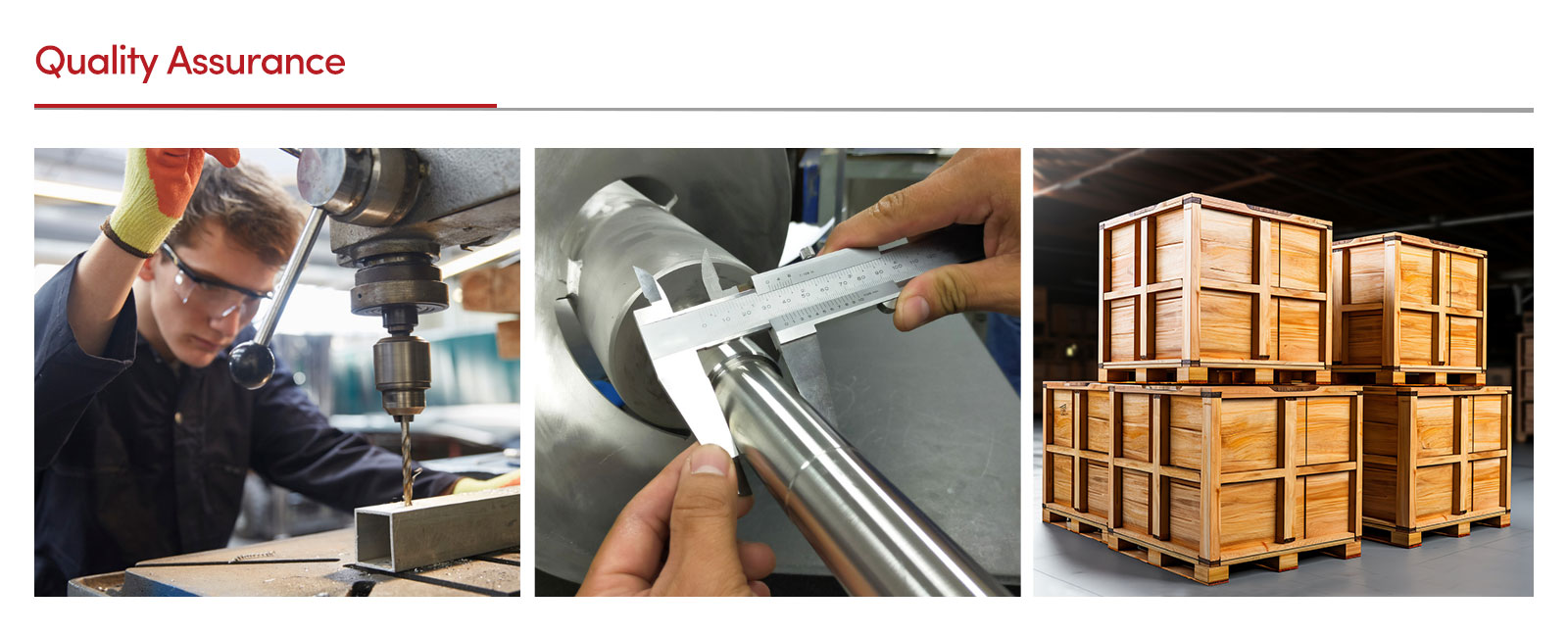
Precision Metal Tubing An Essential Component in Modern Engineering
Precision metal tubing plays a crucial role in various industries, including aerospace, automotive, medical, and construction. The demand for high-quality, accurately manufactured metal tubes is on the rise, driven by the need for enhanced performance, safety, and reliability in critical applications. This article will explore the characteristics, manufacturing processes, and applications of precision metal tubing, highlighting its importance in contemporary engineering.
What is Precision Metal Tubing?
Precision metal tubing refers to metal tubes that are manufactured to exact specifications, ensuring tight tolerances and consistent dimensions. These tubes can be made from various materials, including stainless steel, aluminum, copper, and nickel alloys, depending on the application requirements. The precision aspect typically involves tolerances of ±0.001 inches or less, enabling the tubes to fit seamlessly into assemblies and systems without the need for extensive modifications or adjustments.
Characteristics of Precision Metal Tubing
1. Tight Tolerances Precision metal tubing is characterized by its tight tolerances, which are essential for maintaining performance and safety in applications where slight deviations can lead to catastrophic failures.
2. High Strength-to-Weight Ratio Many metals used in precision tubing, such as aluminum and titanium, offer excellent strength-to-weight ratios. This is particularly important in aerospace and automotive industries, where reducing weight while maintaining strength is critical.
3. Corrosion Resistance Stainless steel and certain alloys provide outstanding resistance to corrosion, making them suitable for use in harsh environments, such as chemical processing or marine applications.
4. Uniform Wall Thickness A consistent wall thickness throughout the length of the tube ensures strength, performance, and reliability, especially under high-pressure conditions.
5. Surface Finish The surface finish of precision metal tubing can be tailored to specific requirements. For applications in the medical field or food processing, a smooth, polished finish may be necessary to prevent contamination.
Manufacturing Processes
The manufacturing of precision metal tubing involves several methods, including
1. Cold Drawn Tubing This method involves pulling the metal through a die at room temperature, resulting in a tube with enhanced strength and precise dimensions. Cold drawing is widely used for making tubes in various sizes and shapes.

2. Seamless Tubing Seamless tubing is produced by extruding a solid billet and heating it to a pliable state, allowing it to be formed into a tube without any seams. This process results in a strong, uniform tube that is ideal for high-pressure applications.
3. Welded Tubing Welded tubing is created by forming a flat strip of metal into a tube and then welding the edges together. While this method may not offer the same level of strength as seamless tubing, it allows for more significant lengths and a variety of sizes.
4. Finishing Processes After the initial tubing is formed, various finishing processes such as annealing, grinding, or polishing may be applied to achieve the desired characteristics and surface quality.
Applications
Precision metal tubing is utilized in a wide range of applications
1. Aerospace Tubing used in aircraft and spacecraft must withstand extreme conditions and pressures. Precision metal tubing ensures structural integrity and safety in these high-stakes environments.
2. Automotive From fuel lines to exhaust systems, precision tubing plays a critical role in vehicle performance and emissions control.
3. Medical Devices In the medical field, precision metal tubing is used in surgical instruments, catheters, and various medical devices, requiring stringent quality and safety standards.
4. Oil and Gas High-pressure tubing is essential in drilling and transporting oil and gas. The reliability and durability of precision tubing prevent leaks and ensure operational efficiency.
5. Construction In construction, precision metal tubing is employed in structural applications, providing the necessary strength and support for buildings and infrastructures.
Conclusion
Precision metal tubing is a vital component in many industries, offering reliability, safety, and performance. As technology advances, the demand for high-quality, precision-engineered metal tubes continues to grow. By understanding its characteristics, manufacturing processes, and applications, we can better appreciate the significant role that precision metal tubing plays in modern engineering solutions.